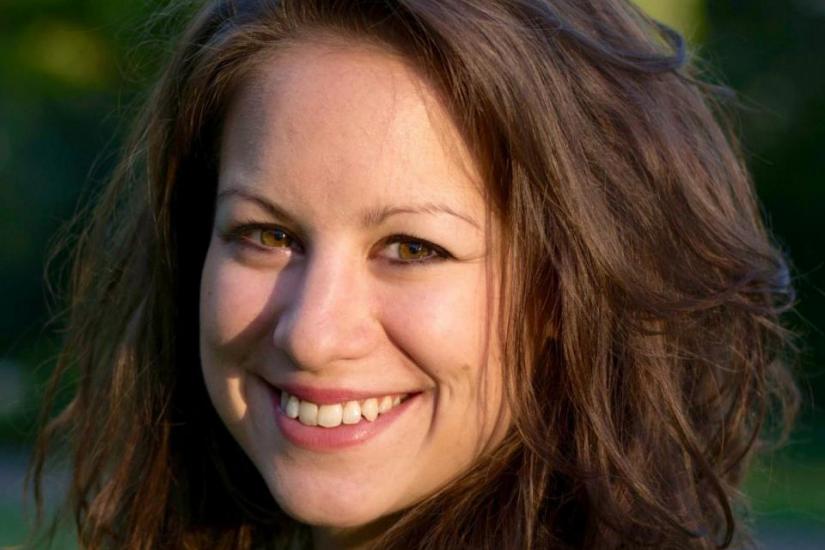
Please note that registration for the event closes at 9:30am on March 28. The meeting link will be sent to all registered attendees shortly after 9:30am.
Members of the Dissertation Committee:
Chair: Márton Karsai (CEU DNDS, voting)
Supervisor: Federico Battiston (CEU DNDS, non-voting)
Reviewer: Lea Ellwardt (University of Cologne, voting)
Reviewer: Károly Takács (Linköping University, voting)
ABSTRACT / From sport to science, a crucial dimension of social interactions is encoded in teams, ’petri-dishes’ for social influence and factories of innovation. Despite recent intensive efforts in characterizing human behavior from large-scale data, understanding the social and demographic drivers of successful team interactions is still a largely open and widely debated research area. What are the determinants of successful collective problem solving, and how do the network of social interactions evolve during creative tasks performance? This dissertation provides a fresh perspective on the topic by investigating – for the first time in a quantitative manner – the problem solving behavior of teams in escape rooms, a new non-interventional and minimally biased social laboratory. Escape rooms are entertainment facilities where a group of players has to collaborate intensely under time pressure to fulfil the goal of the game and eventually exit the room. Escape rooms are free from the typical deficiencies of traditional laboratory experiments and field studies. They provide the same controlled environment for all groups under observation, yet without interventions. Moreover, they allow us to observe intact teams in a nuanced and meticulous manner, overcoming the limitations of self-reported questionnaires and poorly time-resolved data. Exploiting this innovative setting, I extract from video records the real-time verbal and nonverbal communication of 40 small problem-solving teams and integrate such information with the sociodemographic characteristics of team players. This unique fine grained data enables me both to enrich social scientific theory and to contribute to the development of a more sophisticated picture of collaborative team dynamics. First, I investigate the role of diversity in team success. I use faultline theory that argues that diversity research should consider the combined, cumulative effect of different diversity dimensions to better understand its negative influence on team outcomes. I extend faultline theory by studying the moderating effect of team familiarity and cross-subgroup communication – the latter one is operationalized in an innovative way as real-time interactions – in the diversity-performance relationship. The key finding indicates that group faultline affects team success negatively when the faultline-induced subgroups do not communicate enough with each other. Next, I explore the evolution of teams’ social dynamics. I use tools from network science to provide a time-resolved map of team interactions, extract key conversation rules from motif analysis, and discuss turn-usurping gendered behavior, a phenomenon that I find to be particularly strong in male dominated teams. Investigating the temporal evolution of signed and group interactions I show that a minimum level of tense communication might be beneficial for collective problem solving, and I also reveal differences in the group behavior of successful and failed teams. Taken together, this dissertation unveils the innovative potential of escape rooms to study teams in their complexity, contributing to a deeper understanding of the micro-dynamics of collaborative team processes.
BIO / Rebeka's main scientific interests are social networks, organizations and evolution intertwined with themes of cooperation, social inequality and knowledge diffusion. In her free time she does aikido, which is an integral part of her life. Besides, she loves travelling, cycling and taking pictures and she is fascinated by the arts.